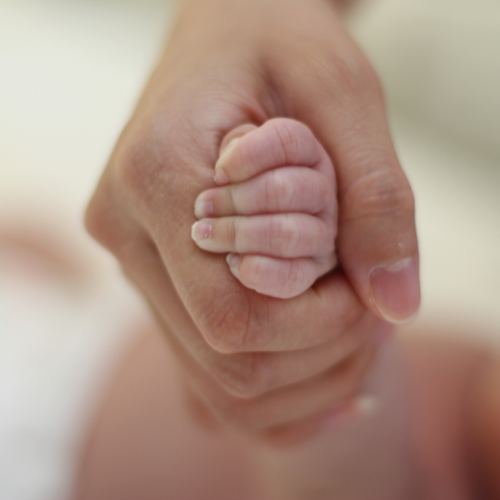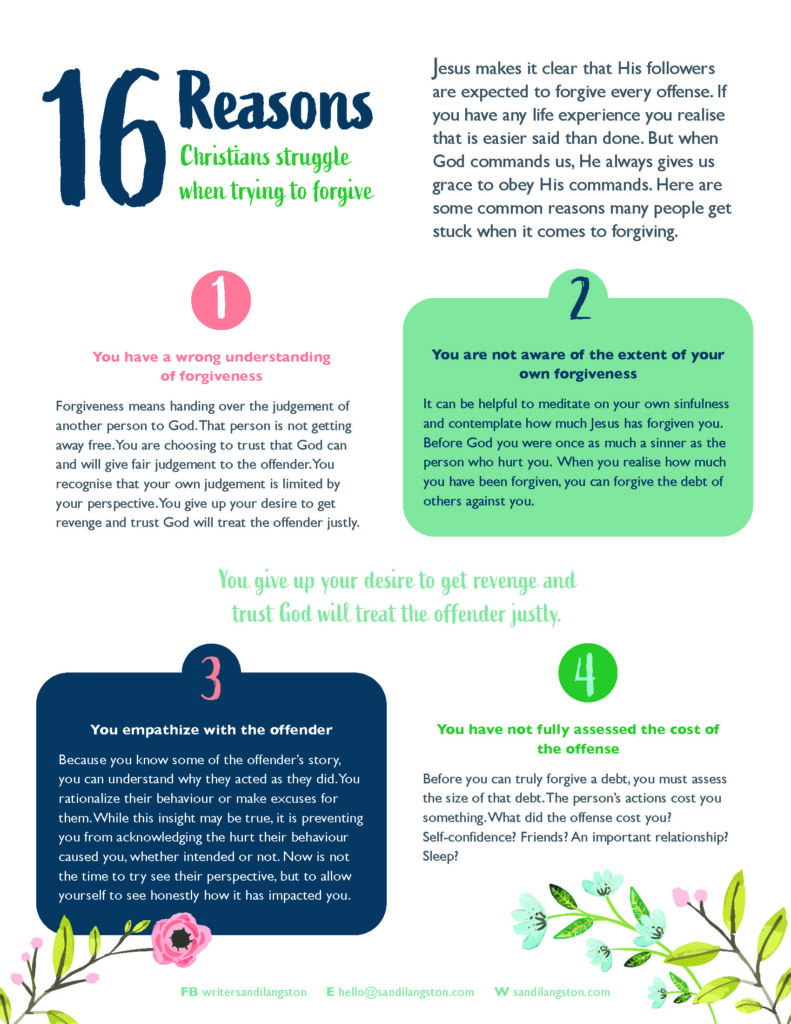Permission To Have Your Needs Met
Have you ever crumpled up on your couch or your bed at the end of the day, exhausted? I made it! I got through today, you might think to yourself, but the thought of doing it all again tomorrow is wearying. You showed up for all your responsibilities, took care of everyone else, but forgot to take care of yourself! The dirty dishes stacked by the sink and pizza crusts next to the bed are tell-tale signs of your current state of being. Sigh!
If you sometimes feel guilty about meeting your needs, or for even having needs, you are not alone. Often women (moms especially) are great at making sure everyone else’s needs are met, but we neglect our own. We serve ourselves the scraps that are left over at the end of the day, and usually that isn’t enough. But this is a problem. We can’t pour into people if we are empty ourselves. Those closest to us feel it, we feel it, and no one is happy about it.
I used to go, go, go. That was back when I was single, childless, and had a greater physical capacity. Now if I push myself too hard, I am either so exhausted I curl up and sleep wherever I am, or I curl up and cry. I have found that the more I am needed (or the more that is needed of me), the more needs I have myself. The more I am depended upon, the more dependant I have become. It’s as though we are vessels: If we must pour out much, we must also be filled much.
The problem is not that we have needs; it is that we have not met our needs. Needs are not good or evil; they just are. We might think of our needs as an inconvenience (who wants to sleep instead of playing our favourite game all night?!), but in denying our needs we are not loving ourselves, and that in turn affects how we treat others.
So the solution should be simple: get our needs met! But that can be complicated by what we believe about our needs. If we feel guilty for having certain needs, we are more likely to suppress them instead of fulfil them. I am here to tell you today that you have permission to have your needs met. (I am talking about wholesome needs fulfilled within the boundaries of moral behaviour). By taking care of your needs, you are looking after yourself – spirit, soul, and body. Sometimes it’s just helpful to hear we have permission for something.
- You are allowed to have needs
Humans are created to be in community. At our best, we are neither independent nor overly dependant, but interdependent. There is a mutual give and take, like the relationship within the Trinity. Our lives are richer for having needs, for they provide the opportunity for others to serve us, to love on us. There are obvious needs such as food, clothing, and shelter, but some other crucial needs include:
To be heard
To be known and loved
To be held
To be comforted
To be protected
To be forgiven
To be told the truth
To be trusted
- We can all grow in awareness of our needs
I think back to early 2021 when we welcomed our second child into our family. What an exciting occasion! The birth went smoothly and we were delighted to meet our little boy! I lived on a high for a few days, and then reality hit. How were we supposed to parent TWO children? All at once we were thrown into the world of getting up multiple times at night. It was a season of bliss, yet my responses to small things told me I was stressed. I was being short with my husband, easily frustrated by the most inconsequential things, and guilt-ridden because of it.
I had needs, but I was not aware of them. Those needs of which I was aware (sleep!) seemed impossible to meet. Simple things built up until I was overwhelmed. It was helpful for both my husband and I to sit down and list my needs and then plan to get them met. I needed to talk about what was stressful, I needed permission to sleep even though the house was a mess, I needed to wash my hair, I needed to spend quality time with my husband.
Most of us can grow in awareness of our needs. When we find ourselves feeling stressed or overwhelmed, we can pause and ask ourselves what we need in that moment. Perhaps it’s a shower, some time alone, help solving a problem, or maybe we just need lunch!
- You are allowed to ask for what you need
Often we find it easier to give help than be on the receiving end. Why is that? I think we are proud and afraid to be vulnerable. Western culture has sold us the lie that we must be independent. Any needs are weaknesses or inadequacies to be kept to ourselves. We worry if we are imposing on people. We must stop making other people’s decisions for them (by not asking), and trust that they will only say yes if they mean yes. We can show appreciation for their help, but we don’t owe them anything for their kindness.
In this season I mostly ask my husband for help. Some things I have asked him for recently are for a back massage, for him to watch our children so I can have some alone time, to help me get out the house for a walk, or to make dinner. When it gets too much for both of us, we ask friends or we pay people to help. Our sanity and the peace within our home are worth the monetary cost.
- Evaluating our needs
Sometimes we chase after surface needs while neglecting a deeper need. We might think that we need to have it all together, while in reality we need to be reminded that we are loved and don’t have to earn approval. We might think we need a new church when in fact we need to have shame wiped off our shoulders. We might think we need to plan for a week before confronting a friend, when we rather need to be obedient to God and have the conversation today. For each need on our list we can ask, is there a deeper need beneath this one?
- What about being “needy”
Nobody wants to be needy, but there is a difference between having needs and being needy. I think of being emotionally needy as going to the wrong people to get our needs fulfilled, placing unrealistic expectations on others to fulfil needs which are impossible for them to fulfil. There is a whiny element about being needy, a nagging, complaining tone that nobody likes to be around. Being needy is conceding to live as a victim, whereas having needs and asking for help to get them met is empowered living.
- Remember that your deepest need is for communion with God
Jesus tells us plainly in John 15, “Abide in Me.” Life flows from God to us, but if we are not connected to the Source of Life, we have no life to offer. We are fruitless and we wither and die. What does abiding look like? If we have a long to-do list, it means we choose (by faith) to spend time with God before we tackle our list. It means we go to God for His perspective on everything. It means we include Him in our day, as if we were bringing a friend along. There is a give-and-take, a relationship, a joy of being in each other’s presence. We keep reorienting back to God, no matter the distractions that pull at us or the temptations that come our way. Always looking to, trusting, and drawing strength from GOD.
I experiment unintentionally with this point more than I would like. I get to the end of a day exhausted, at odds with my husband, annoyed with my children, and generally overwhelmed. And then I clue in: oh right, I forgot to have some time with God today. It’s a recipe for frustration and I don’t recommend it. On the other hand, I have been amazed at what I have been able to do on some days when I have spent time in God’s presence, despite limited sleep or an intimidating to-do list. Communion with God makes all the difference.
As you think about your needs, may you grow in your awareness of them (both the obvious and the deeper needs), in vulnerability and courage as you ask for help, and in intimacy with God as you commune with Him and let Him satisfy you as only He can.



